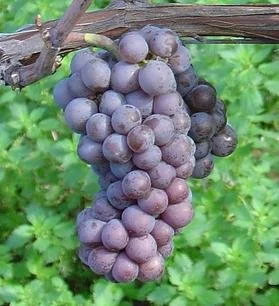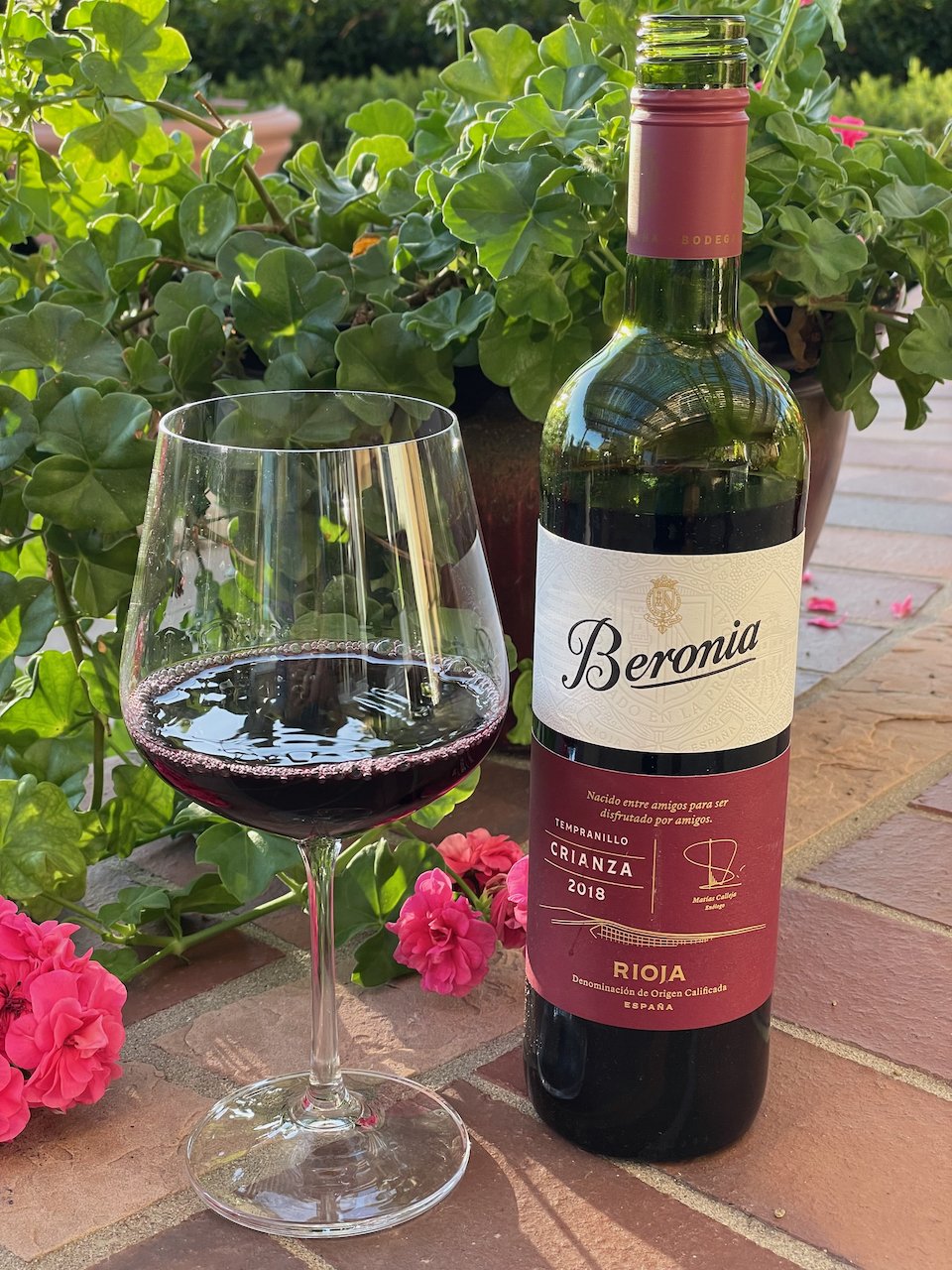2021 Bico Amarelo ($12)
Herdade do Esporão is part of the Alentejo’s montado ecosystem (cork oak forests), in Portugal. With approximately 700 hectares of vineyards and around 40 grape varieties, they grow using organic methods and integrated production.
Quinta do Ameal, in the region of Vinho Verde, is a historic property cradled in the Lima sub-region that has been registered since 1710.
The main grape varieties used to produce this wine are Loureiro, Alvarinho and Avesso which are all common to the Vinho Verde region.
It was fermented at a controlled temperature (10-15ºC) for 12 to 15 days then aged in contact with the lees for about 4 to 6 months in stainless steel vats.
This Bico Amarelo is medium gold in color with some subtle green tones. It has delicate aromas of citrus and floral notes. On the palate it is dry (1.5 g/l RS) and light-bodied with flavors of citrus and nectarine and finishes with refreshing acidity.
This Bico Amarelo from Vinho Verde Portugal is a great value which makes it a perfect fit as this week’s
Behind the Cork™ Wine of the Week. Cheers!
Disclosure of Wine Sample Submission: I received this sample at no cost for review. The opinions expressed are entirely my own.
Sample Provided by Esporão and Now Wine Imports via Creative Palate








